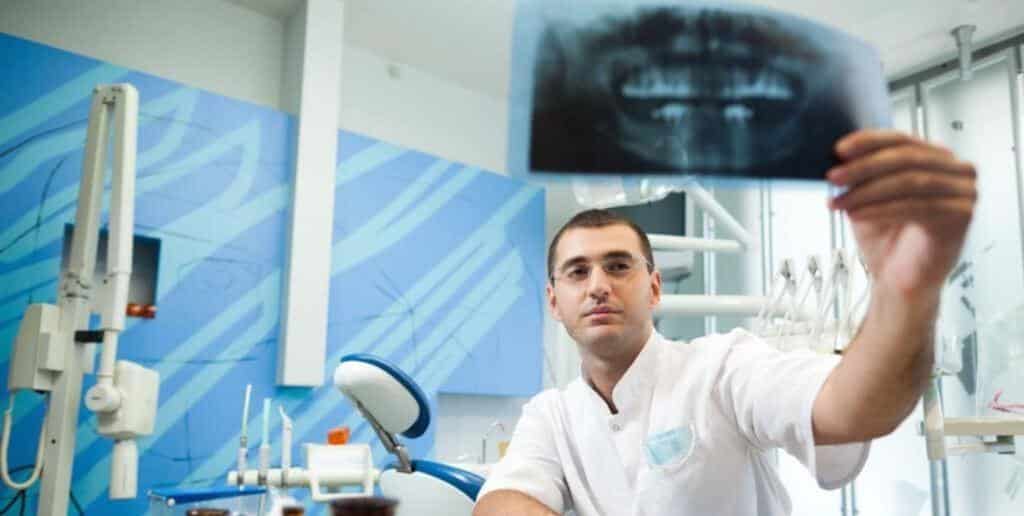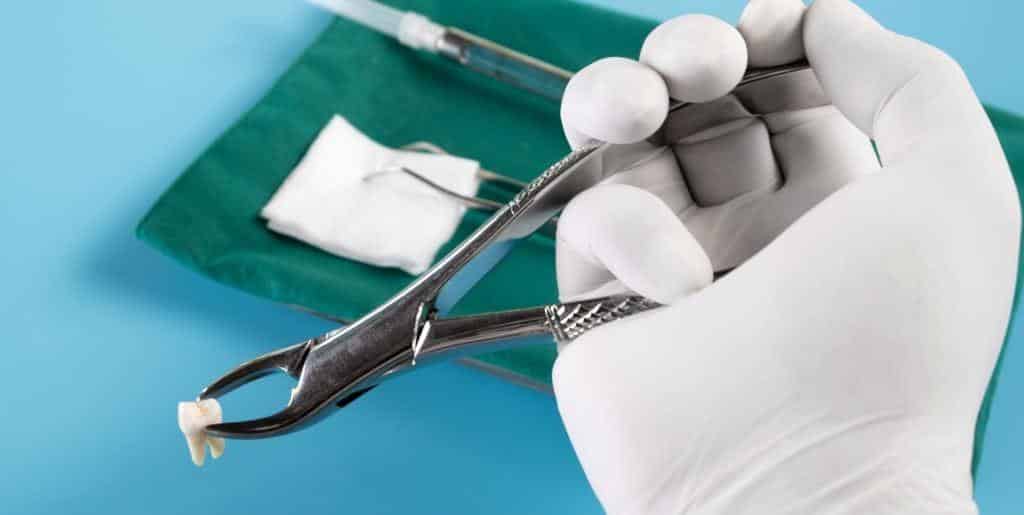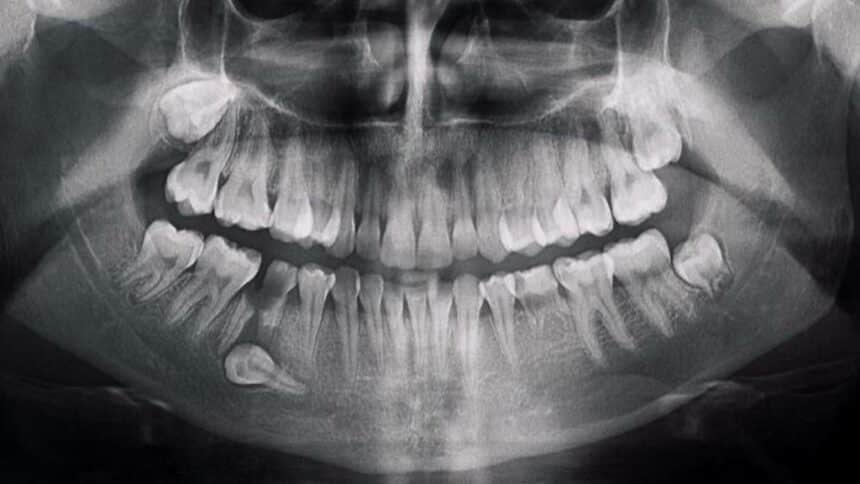Do you often experience jaw pain for an unknown reason? Do you feel constant pressure on your teeth or struggle with recurrent inflammation in your mouth? These are ailments that many people complain about and may be the symptoms that a retained tooth gives. Read our text and see if this problem affects you too.
What is a retained tooth?
A retained tooth is a fully formed tooth that is completely hidden in the jawbone or has not erupted fully and only a fragment of its crown is visible on the surface. This can cause many unpleasant symptoms including trismus, recurrent gingivitis or jaw pain. Most commonly, the problem of a retained tooth affects wisdom teeth, less frequently molars or canines.
And if you want to learn more about wisdom teeth read the article Problematic eighths - facts and myths about wisdom teeth.
Retained tooth - causes
The most common reasons for a tooth being retained in the gums include the remaining teeth being too tightly aligned, preventing another tooth from appearing, and milk teeth falling out late, so that there is no room for permanent teeth. Genetic factors and existing tumours or cysts of the jaw also play an important role. Vitamin D and A deficiencies can also contribute to tooth retention.

How do you know if a tooth is retained?
If a retained tooth involves a three or four, it is easier to spot its absence in the arch of the other teeth. However, when an eighth has stopped up, it can be more difficult to diagnose on your own. It is definitely worth seeing a dentist if you feel constant pressure on your other teeth, chronic jaw pain or have problems opening your mouth wide or chewing.
A retained tooth can also be a reason for recurrent gingivitis in one permanent site. It can also lead to fracture of the adjacent tooth and even increased caries development. Abscesses, cysts and painful bone pockets are also one of its consequences.
It is therefore worth making an appointment at the dentist's surgery. During the appointment, the dentist will take a medical history, look at the problem area and order a radiograph or CT scan.
Therefore, if you have been doubts and you want to check whether this problem does not apply to you, you can always schedule an appointment in our practice.

Does such a tooth always have to be extracted?
Whether a retained tooth needs to be removed depends largely on its location and accompanying symptoms. Removal, i.e. extraction, or appropriately designed braces are used as the form of treatment.
If the retained tooth is located at the frontIts absence is also a visual problem. The dentist will then most likely use a method that involves exposing the tooth and fitting a special orthodontic appliance to pull the tooth down into the correct position. This is a long-lasting but effective way of saving the tooth from extraction.
Usually, however, the problem of retained teeth concerns the eighths, which often cause crookedness of the remaining teeth and a number of other undesirable effects. Hence, the most common action is then to extract the tooth. Especially when additional indications such as abscess, cyst, inflammation or caries coexist.
The doctor performs the removal under local or general anaesthesia. It involves cutting the gingiva to gain access to the tooth, chiselling the eighth, securing the resulting wound and sewing it up.
If you would like to learn more about the removal of wisdom teeth, please refer to our text Surgical removal of eights - when is it necessary and what is the procedure like.
And if you had any questions, call or write to us.

How much can it cost to remove a retained tooth?
You are probably wondering whether such a procedure is a big expense. The price of surgical removal of a retained tooth depends on the location of the tooth and therefore the compilation of the procedure itself. In our practice it starts from £200, the price includes the placement and removal of sutures.
Importantly, you do not have to pay the entire amount at once. Thanks to the instalment system, you can spread it over 0% instalments for the first 12 months (7.9% for repayments over 12 months). IMPORTANT: The system is 100% secure, regulated by the Financial Conduct Authority (FCA number 619628) and can be used above £350.
For more information, see our article "Teeth on credit: dental treatment on hire purchase".

